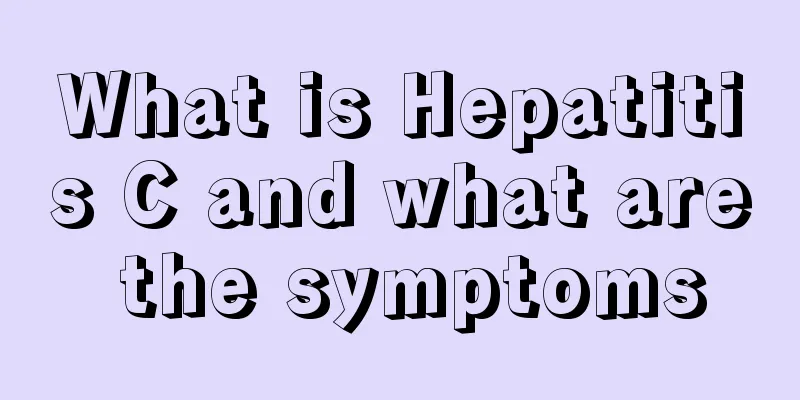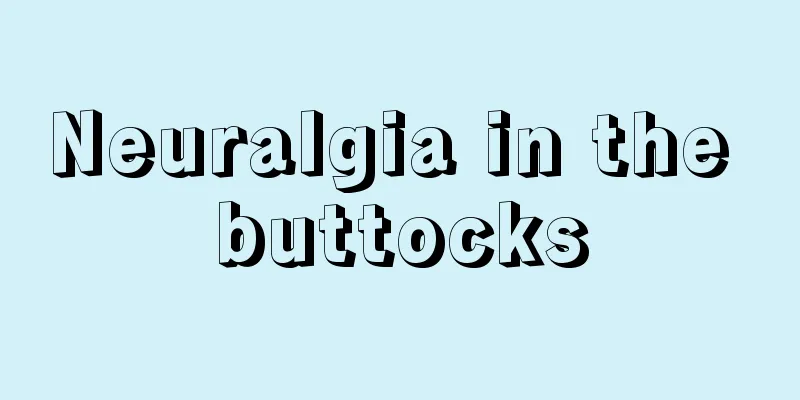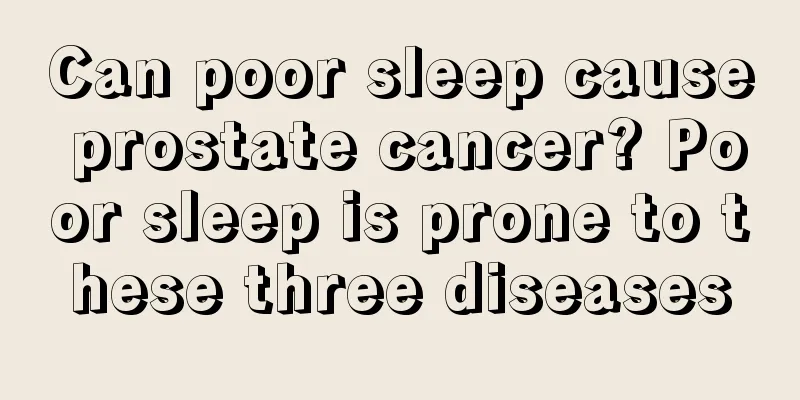What is Hepatitis C and what are the symptoms

|
Hepatitis C is a common viral liver disease. If you have hepatitis C, your body's immune function will gradually decrease, so patients need timely treatment. Symptoms of hepatitis C generally include loss of appetite, nausea, yellow skin, etc. Hepatitis C, abbreviated as hepatitis C or HCV, is an acute liver inflammation caused by the hepatitis C virus (HCV) mainly transmitted through blood and a few through close contact. The clinical manifestations are similar to hepatitis B. Although some patients with acute hepatitis C can recover on their own, all patients with acute hepatitis C should be given active treatment because the acute phase has a better effect. The treatment can include appropriate rest, enzyme lowering, liver protection, antiviral and other symptomatic treatments according to the patient's specific situation. The most important treatment is antiviral treatment. Hepatitis C virus is an RNA virus (HCV RNA), which can currently be divided into 6 different genotypes and subtypes, such as 1a, 2b, 3c, etc. Genotype 1 is distributed worldwide and accounts for more than 70% of all HCV infections. Hepatitis C virus is sensitive to general chemical disinfectants, and high-temperature heating and formaldehyde fumigation can inactivate the virus. 1. Hepatitis C can be transmitted through mother-to-child transmission, sexual transmission, blood transmission, and close contact in daily life. Because the hepatitis C virus is prone to mutation and there is currently no effective treatment, patients should pay attention to their personal hygiene habits in daily life and receive early treatment. The symptoms of hepatitis C vary, and in the early stages they include: 2. The early symptoms of hepatitis C are atypical and easy to be ignored. Early patients often experience abnormal digestive tract symptoms such as loss of appetite, nausea, vomiting, fatigue, and general weakness. The patient's skin manifestations include yellow face and skin. Patients are prone to symptoms such as fever, right upper abdominal discomfort, and yellow urine. When these symptoms occur, patients should pay attention to early treatment. 3. In the early stages of chronic hepatitis C, symptoms such as fatigue, dizziness, decreased appetite, enlarged liver, and mild tenderness may occur. Some patients do not have any obvious symptoms or signs. In severe cases, the symptoms of hepatitis C are obvious, and patients often have liver disease facies and liver palms. When hepatitis C is combined with hepatitis B infection, the symptoms often suddenly worsen. |
<<: What to do with a mild anal fissure and how to treat it
>>: What to do if anal fissures bleed due to internal heat? Traditional methods of treatment
Recommend
How long is the service life of dentures
Many people have experienced that dental problems...
How to quickly slim down your buttocks
Every female friend wants a beautiful hip curve, ...
The best treatment for colon tumors
What is the best treatment for colon tumors? Ther...
What are the symptoms of melanoma in pregnant women
What are the symptoms of melanoma in pregnant wom...
How to terminate pregnancy in early stages
Nowadays, there are many cases of unexpected preg...
What is the correct thing to do if a mudslide occurs?
The moon waxes and wanes, and people have their u...
How to determine if hair follicles are falling during hair transplantation?
There are many ways to deal with the problem of h...
What are the main causes of colon cancer?
Some epidemiological studies on colon cancer have...
Why do I feel numb all over my body?
The problem of numbness all over the body cannot ...
What to do if the eyes are congested and very red inside, how to relieve it
There are many factors that can cause bloodshot e...
Can recurring breast cancer be cured?
Whether breast cancer recurrence can be cured can...
How harmful is human papillomavirus?
Human papillomavirus is a genetic epidemic that i...
Is rosin really harmful to the human body?
Rosin was originally a raw material for tradition...
Effects and functions of orange peel pillow
Orange is actually a very common fruit in our liv...
What is the best way to treat bile duct cancer
What is the best way to treat bile duct cancer? W...









